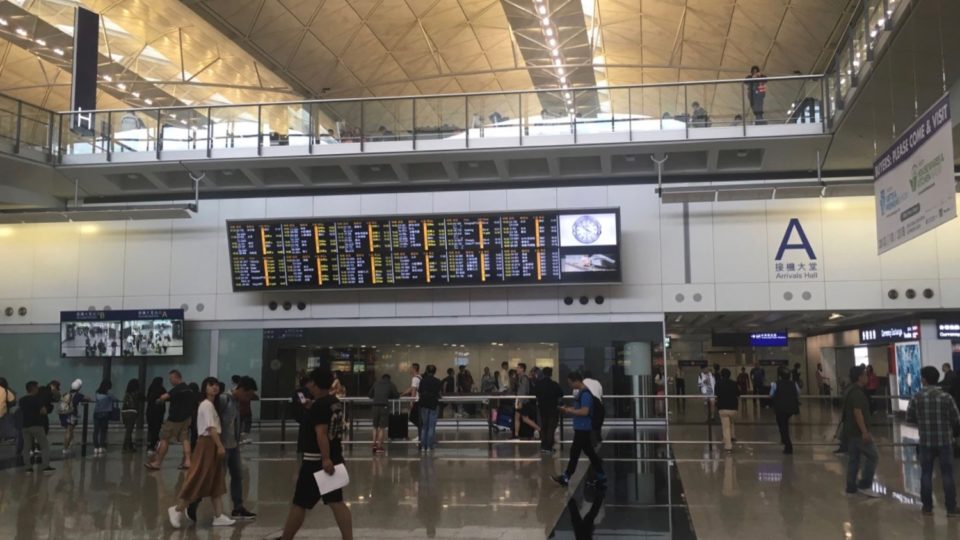Hong Kong has logged at least 16 recorded cases of a mysterious strain of pneumonia originating in the mainland city of Wuhan, in a turn of events that has reignited fearful memories of the SARS outbreak that claimed nearly 300 lives some 15 years ago.
The outbreak was confirmed by the Municipal Health Commission in Wuhan, where, as of Sunday morning, at least 59 patients have been diagnosed with the virus, of which seven are in critical condition, HK01 reports. Meanwhile, 16 Hong Kong people who recently visited Wuhan, aged 2 to 55, are believed to have been infected after developing symptoms of the little-understood virus days after their return.
Headline Daily reports that 10 of the Hong Kong patients have tested positive for influenza, enterovirus, and coronavirus, while the other six are awaiting test results. All are currently in stable condition.
Though the exact nature of the disease is still unknown, SARS, or severe acute respiratory syndrome, has been ruled out as the culprit. However, the virus shares common features of the early stages of SARS, which are characterized by common flu symptoms, including fever, shortness of breath, and headaches.
Authorities are encouraging people to exercise caution by frequently washing hands and wearing a face mask to prevent the potential spread of the disease.
According to RTHK, multiple cases of the pneumonia strain have been linked to the area of the South China Seafood Market in Wuhan. Authorities have responded by closing the market and conducting measures to improve hygiene, and workers wearing protective clothing have collected samples around the area.
A senior lecturer of microbiology at the University of Hong Kong has cautioned that even if the virus is related to the wet market, it is still not appropriate to conclude that the disease cannot be transmitted from person to person.
Chinese University of Hong Kong respiratory studies professor David Hui agreed that the suspected cases may not be directly linked with the market, but noted that early isolation of the suspected infections can help reduce the risk of new infections entering Hong Kong.
For more Hong Kong coverage, check out Coconuts HK.




